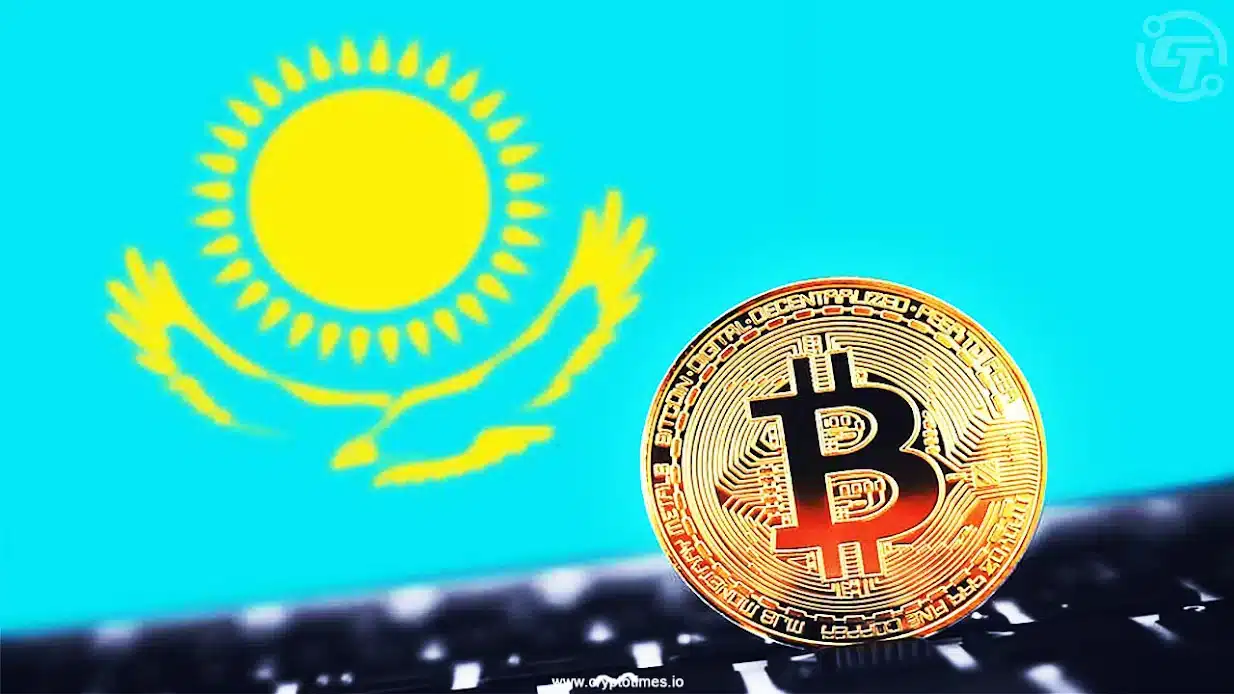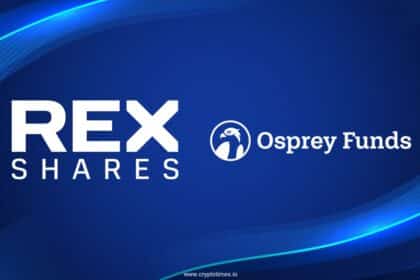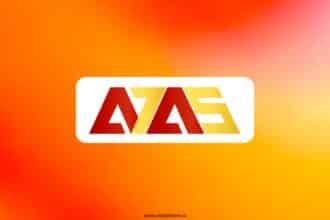Binance founder Changpeng Zhao (CZ) met with Kazakhstan President Kassym-Jomart Tokayev this week, highlighting recent developments in the country’s digital asset policy.
In a post, CZ pointed to three areas: Binance’s local regulatory license, the rollout of the KZTx stablecoin, and the addition of BNB to Kazakhstan’s reserve holdings. These moves reflect broader steps the country has taken to formalize its digital asset framework, which will be examined in more detail below.
Binance license formalizes operations in Kazakhstan
Binance received regulatory approval to operate locally earlier, allowing it to provide crypto services under Kazakhstan’s digital asset framework.
The license followed the government’s idea to set up rules aimed at attracting global exchanges while maintaining oversight. Meanwhile, the country was a pioneer to launch Central Asia’s First Bitcoin ETF.
KZTx stablecoin launch links to payments and reserves
The KZTx stablecoin was launched as part of Kazakhstan’s broader initiative to integrate digital assets into its financial system.
Authorities had already taken steps in this direction by authorizing USD-backed stablecoins for paying certain regulatory fees, a measure aimed at testing the practical use of digital currencies in state processes
The Alem Crypto Fund, Kazakhstan’s state-backed vehicle for managing digital asset reserves, which recently announced the purchase of BNB for long-term holding.
CZ’s remarks after meeting President Tokayev highlighted steps already underway in Kazakhstan’s digital asset strategy: the licensing of Binance, the launch of the KZTx stablecoin, and the addition of BNB to state reserves.
These developments illustrate how the country is beginning to implement previously announced policies about the digital asset world, with further outcomes depending on how regulatory and market structures evolve.
Also read: Kazakhstan’s RAKS Exchange Dismantled Over Money Laundering












